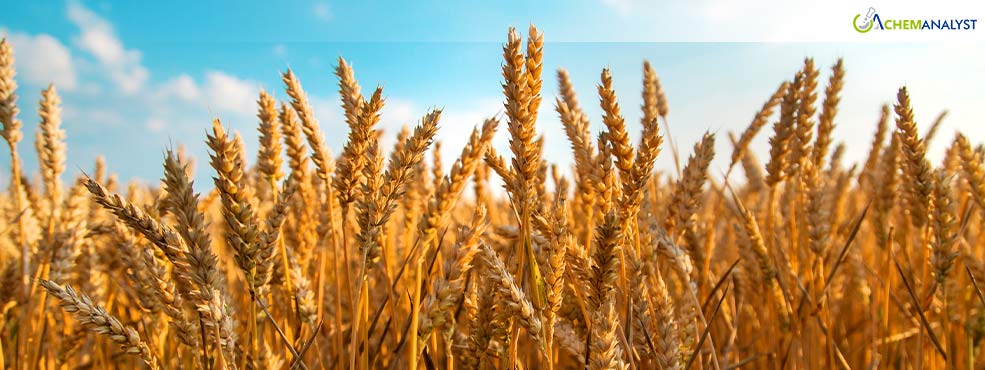Welcome To ChemAnalyst

In a strategic move to address the challenges posed by a declining domestic wheat harvest, Morocco has signed a new memorandum of understanding with Russia to diversify and strengthen its grain supply sources. The agreement, formalized on Friday, aims to significantly increase Morocco’s imports of wheat, particularly soft wheat, over the coming year. This partnership is designed to support Morocco’s efforts to secure a stable external supply of grains, crucial considering the country’s ongoing climate challenges.
The memorandum was signed by Omar Yacoubi, President of the National Federation of Grain and Legume Traders in Morocco, and Eduard Zernin, President of the Russian Union of Grain Exporters and Producers. Representing a network of 37 Russian grain producers and exporters, the union is set to play a pivotal role in fulfilling Morocco’s wheat needs. The agreement emphasizes both countries’ shared commitment to exploring projects that will enhance Morocco’s grain supply.
The pact, which is effective immediately and spans an initial term of one year, outlines provisions for regular meetings between representatives from both nations to discuss progress and plan future initiatives. It also includes a confidentiality clause, ensuring that no details related to the commercial and business dealings between the two parties will be disclosed without prior consent. Additionally, the agreement allows either party to terminate the deal with a 90-day written notice, while also permitting potential extensions should both parties agree.
This agreement comes at a time when Morocco is grappling with the severe effects of a prolonged drought, which has led to a drastic decline in domestic wheat production. The country has experienced reduced rainfall over the past six years, compounded by extreme heatwaves, with temperatures surpassing 30°C as recently as November. These harsh conditions have severely impacted crop yields, particularly wheat, which is projected to be 40% lower than the previous year. In fact, Morocco’s wheat harvest is expected to total just 2.5 million tons, well below the national average.
To mitigate the impact of the climate crisis on its agricultural sector, Morocco has been actively seeking alternative grain suppliers. The country is now positioning itself to become one of the world’s top six wheat importers, with a notable 19% rise in wheat imports anticipated this year, reaching approximately 7.5 million tons. In November alone, Morocco increased its wheat imports from Russia, bringing in 222,000 tons compared to 119,000 tons during the same period last year.
This deal with Russia is part of Morocco’s broader strategy to diversify its international grain suppliers and ensure a steady supply of wheat as it faces the combined challenges of climate change and growing demand. By strengthening ties with Russia, Morocco hopes to safeguard its food security and reduce the risks associated with fluctuating domestic agricultural production.
With this new partnership in place, Morocco is set to bolster its grain reserves, addressing immediate supply concerns while paving the way for long-term agricultural security in the face of an evolving climate crisis.
We use cookies to deliver the best possible experience on our website. To learn more, visit our Privacy Policy. By continuing to use this site or by closing this box, you consent to our use of cookies. More info.
